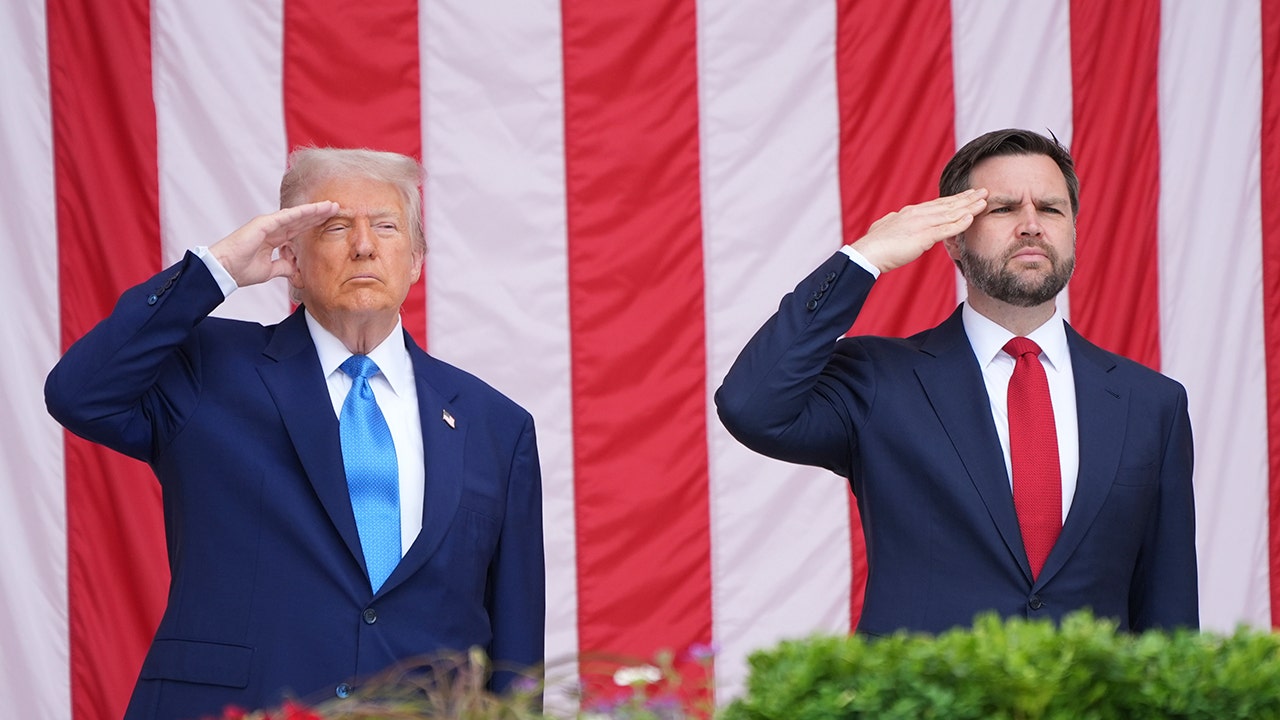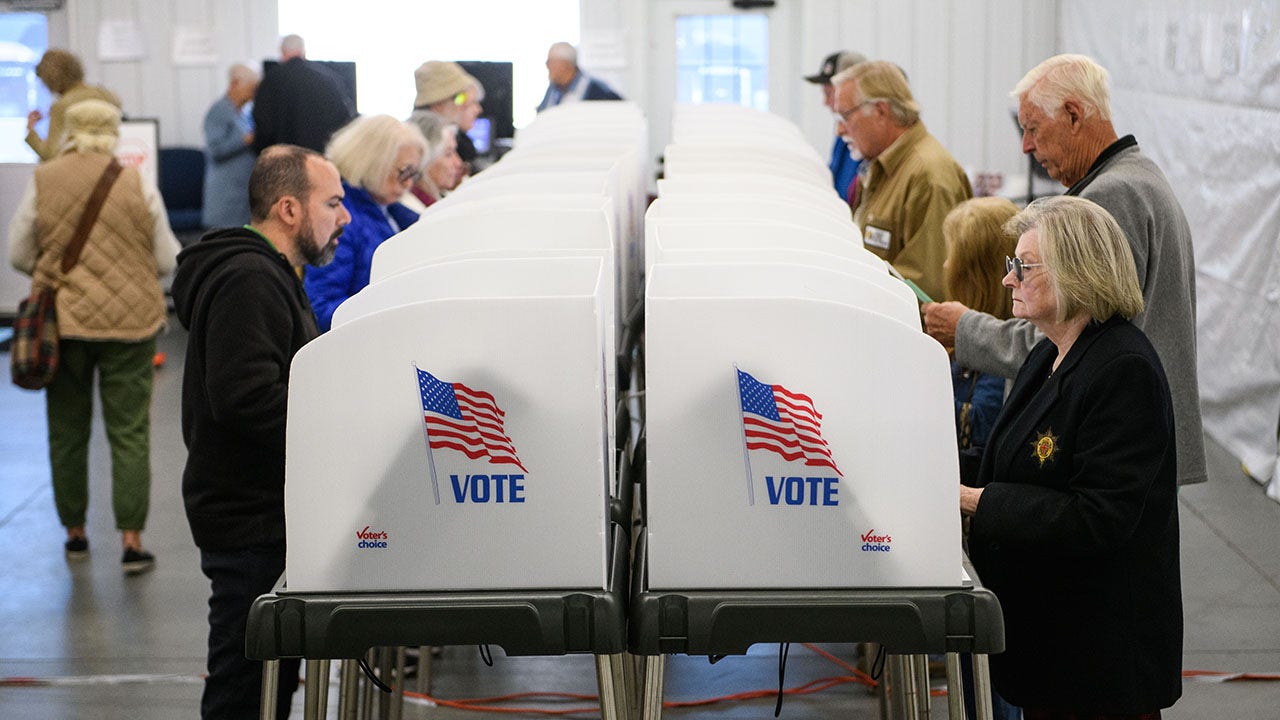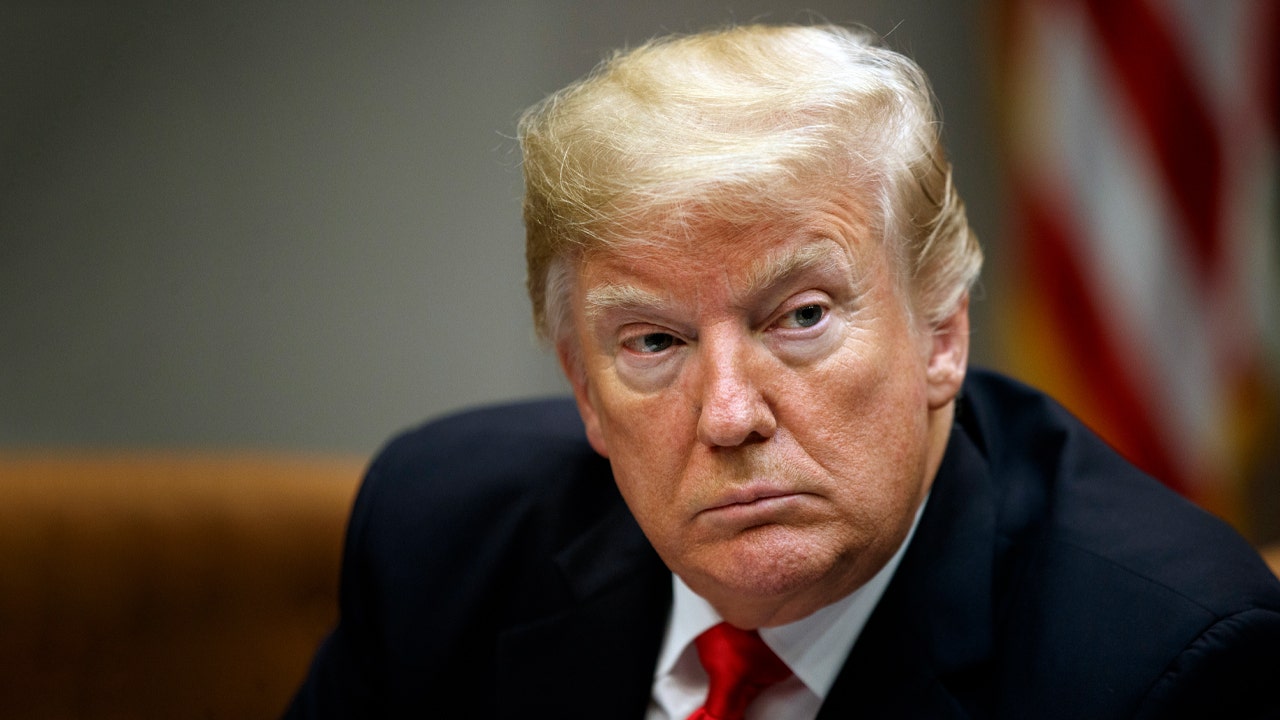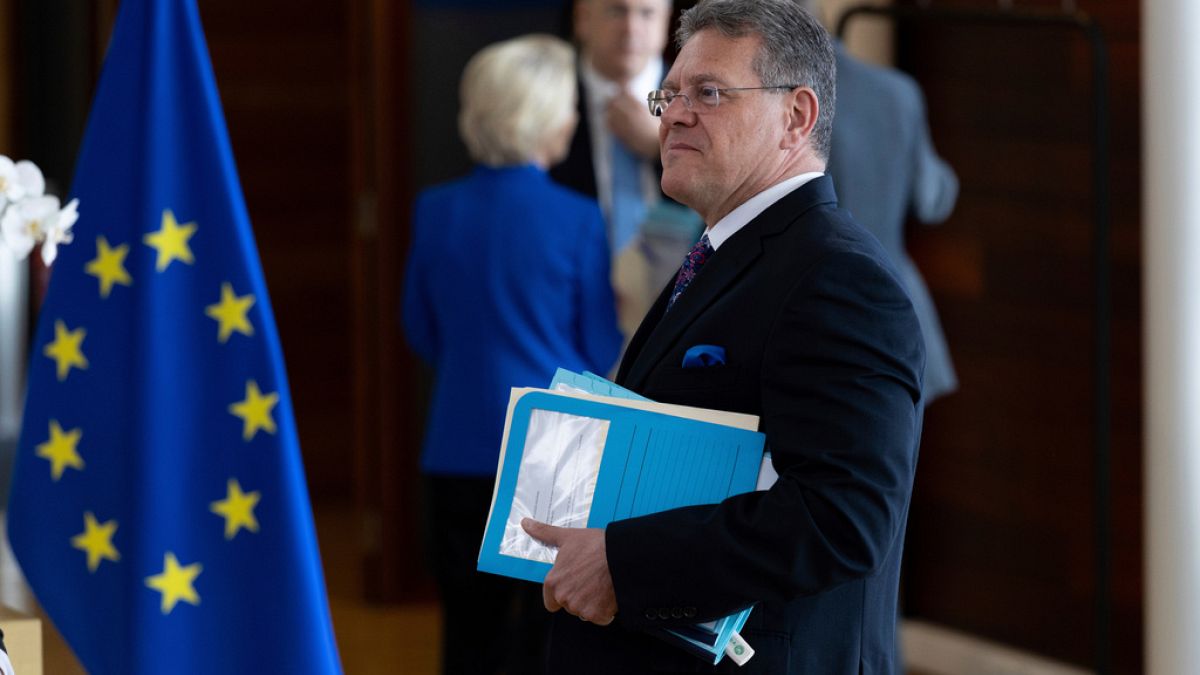Health
Harald zur Hausen, Nobelist Who Found Cause of Cervical Cancer, Dies at 87

Dr. Harald zur Hausen, a German virologist who won the Nobel Prize in Medicine in 2008 for his discovery that the seemingly benign human papillomavirus, known for causing warts, also caused cervical cancer, died on May 29 at his home in Heidelberg, Germany. He was 87.
His death was announced by the German Cancer Research Center in Heidelberg, which Dr. zur Hausen led for two decades. Josef Puchta, the center’s former administrative director and a longtime colleague and friend, said that Dr. zur Hausen had suffered a stroke in May.
Dr. zur Hausen’s discovery paved the way for vaccines against human papillomavirus, or HPV, a sexually transmitted disease that can also cause other cancers, including of the vagina, vulva, penis, anus and back of the throat.
More than 600,000 people develop an HPV-related cancer every year, according to the National Cancer Institute. Vaccination can prevent as many as 90 percent of those cancers.
Dr. zur Hausen leaves “a huge legacy, “Dr. Margaret Stanley, an HPV researcher at the University of Cambridge said in an interview: a lifesaving vaccine and lifesaving tests to detect the virus.
Colleagues remembered Dr. zur Hausen as courteous, considerate and respectful — not always a given in high-profile research laboratories, they noted — and more than one described him as a “gentleman.”
He was also doggedly devoted to his research, and he could be “unshakable” when he had an idea, said Timo Bund, a scientist at the German Cancer Research Center. Dr. zur Hausen’s hypothesis that HPV caused cervical cancer contradicted the prevailing wisdom of “almost the full scientific world,” Dr. Bund said, and took him a decade to prove.
When he first proposed the notion, in the 1970s, many scientists believed that cervical cancer was caused by the herpes simplex virus. But Dr. zur Hausen could find no sign of herpes in the biopsies of cervical cancer patients. When he presented those results at a scientific conference in 1974, he was “intensively criticized,” he recalled in an autobiographical article in the Annual Review of Virology.
Dr. zur Hausen had been intrigued by reports that genital warts could, in rare cases, turn into cancer. He began to look for human papillomavirus DNA in cells from cervical cancer patients using a gene probe, a short piece of single-stranded DNA designed to bind to a specific sequence in the HPV genome.
The work proved challenging, in part because it became clear that there were many different types of HPV, each of which has its own genetic sequence and not all of which cause cancer.
Dr. zur Hausen was undeterred. “I think he never doubted in any way that this was correct,” said Michael Boshart, a geneticist at Ludwig-Maximilians-University of Munich who was a Ph.D. student on the research team.
Finally, in 1983, Dr. zur Hausen and his colleagues announced that they had found a new type of HPV in cervical cancer cells. The next year, they reported another. About 70 percent of cervical cancer biopsies, they found, contained one of these two viruses.
Other scientists soon confirmed the findings. “I felt some satisfaction in this situation, because up to this moment several colleagues had ridiculed our research, saying, ‘Everyone knows that warts and papillomaviruses are harmless,’” Dr. zur Hausen wrote in the Annual Review of Virology.
Dr. zur Hausen shared clones of the viral DNA freely with other researchers. “Most scientists are selfish and hang on to their stuff,” Dr. Stanley said. “Because he gave them out to the papillomavirus community, there was an absolute explosion of work.”
That research helped accelerate scientific understanding of the viruses as well as the development of vaccines. The first HPV vaccine was approved in 2006. Dr. zur Hausen won the Nobel two years later, sharing the prize with the two French virologists who had discovered H.I.V.
He became an ardent advocate for the vaccine, which is highly effective but which many children do not receive. He argued that the vaccine, which was initially promoted primarily for girls, should also be given to boys, which health officials now recommend.
Dr. zur Hausen was born on March 11, 1936, in Gelsenkirchen, Germany, the youngest of Melanie and Eduard zur Hausen’s four children. His father was an officer in the German Army.
The industrial area where he grew up was heavily bombed in World War II. “As a consequence, all schools closed in the beginning of 1943, which was obviously bad for education but welcomed by many of the children,” Dr. zur Hausen recalled. It would be nearly two years before he returned to school.
He decided to study medicine, earned his degree from the University of Düsseldorf in 1960, and became interested in the origins of cancer. His peripatetic research career took him to Children’s Hospital of Philadelphia for several years and then to multiple German universities. In the 1960s and early ’70s, he conducted research on the Epstein-Barr virus and lymphoma.
In 1972, he moved to the University of Erlangen–Nuremberg, where he began his work on cervical cancer. He later continued that work at the University of Freiburg.
It was at the University of Erlangen–Nuremberg that he met the biologist Ethel-Michele de Villiers, who became his wife and his close scientific collaborator.
Nobody “influenced my personal life and my scientific career more,” Dr. zur Hausen wrote in the Annual Review of Virology. “She has repeatedly stated, mockingly, that we two split our activities: She does the work, and I do the talking. Indeed, a large proportion of experimental data obtained during several decades as well as a number of excellent ideas are hers. Looking at her work and her intellectual input and proposals, frequently underestimated by several of her colleagues, I see she has a point in saying this.”
She survives him, as do three sons from a previous marriage, Jan Dirk, Axel and Gerrit. Friends and colleagues said they knew almost nothing about that marriage, noting that Dr. zur Hausen was an intensely private person.
He became the scientific director of the German Cancer Research Center in 1983 and held that position until 2003. But he never stopped conducting research, and in recent years he turned his attention to breast, colon and other cancers.
“He was retired from his directorship,” Dr. Puchta said, “but not from his science.”

Health
5 Best High-Protein Breakfasts for Weight Loss—Cottage Cheese Included!

Use left and right arrow keys to navigate between menu items.
Use escape to exit the menu.
Sign Up
Create a free account to access exclusive content, play games, solve puzzles, test your pop-culture knowledge and receive special offers.
Already have an account? Login
Health
Rates of dementia are lower in people who eat this specific diet, research shows

NEWYou can now listen to Fox News articles!
Certain foods may feed the brain better than others.
New research presented this week at NUTRITION 2025, the annual meeting of the American Society for Nutrition in Orlando, Florida, found that the MIND diet is particularly beneficial for cognitive health.
People who followed the MIND eating plan — which stands for Mediterranean-DASH Intervention for Neurodegenerative Delay — were “significantly less likely” to develop Alzheimer’s disease or other forms of dementia, according to a press release from the American Society for Nutrition.
BRAIN AND MEMORY ARE BOOSTED BY EATING ONE PARTICULAR DIET, STUDY FINDS
What is the MIND diet?
MIND is a hybrid of the Mediterranean diet and the DASH diet (Dietary Approaches to Stop Hypertension), the latter of which is designed to reduce blood pressure.
The diet focuses on “brain-healthy foods” like leafy green vegetables, berries, nuts and olive oil.
“The MIND diet is unique as the first eating plan focused on foods to specifically improve and support cognitive health,” said one registered dietitian nutritionist. (iStock)
“The MIND diet is unique as the first eating plan focused on foods to specifically improve and support cognitive health,” Lauren Harris-Pincus, registered dietitian nutritionist and founder of NutritionStarringYOU.com and author of “The Everything Easy Pre-Diabetes Cookbook,” told Fox News Digital.
The plant-focused MIND diet highlights 10 types of food, including berries, leafy greens, veggies, whole grains, nuts and seeds, beans, legumes, seafood, poultry and olive oil, according to Harris-Pincus, who was not involved in the research.
RED MEAT COULD RAISE DEMENTIA RISK, RESEARCHERS CLAIM, YET SOME DOCTORS HAVE QUESTIONS
“These focus foods contain nutrients that play a critical role in supporting brain health, including flavonoids, carotenoids, B vitamins, omega-3 fatty acids (especially DHA), choline, and minerals like magnesium, potassium and calcium,” she said.
“The diet also suggests limiting foods such as pastries, refined sugar, red meat, cheese, fried foods, fast food, and butter or margarine.”
MIND’s impact on brain health
Researchers from the University of Hawaii analyzed data from nearly 93,000 U.S. adults who reported their dietary habits during the 1990s as part of the Multiethnic Cohort Study.
At the start of the study, participants ranged in age from 45 to 75.
“The MIND diet is unique as the first eating plan focused on foods to specifically improve and support cognitive health.”
In analyzing which participants developed Alzheimer’s or other dementias in later years, the MIND eating plan performed better than other healthy diets in terms of reducing dementia risk, with benefits seen among both younger and older groups.
CLICK HERE TO SIGN UP FOR OUR HEALTH NEWSLETTER
Those who followed the diet were shown to have an overall 9% reduced risk of dementia, and some groups — African American, Latino and White participants — showed a 13% lower risk.
Asian-Americans and native Hawaiians did not show as pronounced of a risk reduction.

Those who followed the plan over a 10-year period had a 25% lower risk compared to those who didn’t stick with it. (iStock)
The longer people adhered to the diet, the greater the reduction of risk. Those who followed the plan over a 10-year period had a 25% lower risk compared to those who didn’t stick with it.
“Our study findings confirm that healthy dietary patterns in mid to late life and their improvement over time may prevent Alzheimer’s and related dementias,” said Song-Yi Park, PhD, associate professor at the University of Hawaii at Manoa, in the release.
For more Health articles, visit www.foxnews.com/health
“This suggests that it is never too late to adopt a healthy diet to prevent dementia.”
Health
Does Morning Lemon Water Really Help With Weight Loss?

Use left and right arrow keys to navigate between menu items.
Use escape to exit the menu.
Sign Up
Create a free account to access exclusive content, play games, solve puzzles, test your pop-culture knowledge and receive special offers.
Already have an account? Login
-

 Movie Reviews1 week ago
Movie Reviews1 week agoMOVIE REVIEW – Mission: Impossible 8 has Tom Cruise facing his final reckoning
-

 News1 week ago
News1 week agoHarvard has $52,000,000: Trump mounts attack, backs foreign student enrolment ban
-

 News1 week ago
News1 week agoVideo: The Counties Where Trump Made Gains
-

 Politics1 week ago
Politics1 week agoTrump honors fallen American heroes, praises God in Memorial Day address: 'Great, great warriors'
-

 Politics1 week ago
Politics1 week agoTrump admin asking federal agencies to cancel remaining Harvard contracts
-
World1 week ago
Russia hits Kyiv with massive drone and missile attack amid prisoner exchange
-

 Politics1 week ago
Politics1 week agoHomeland Security chief Noem visits Netanyahu ahead of Jerusalem Day
-

 Culture1 week ago
Culture1 week agoCan You Match These Canadian Novels to Their Locations?













